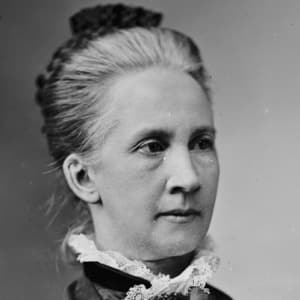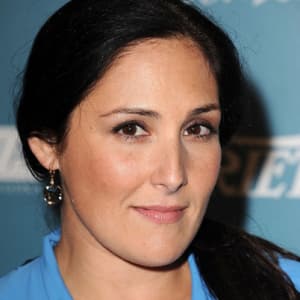
Belva Lockwood
Activist and lawyer Belva Lockwood was the first woman to argue a case before the U.S. Supreme Court.
Synopsis
Born New York in 1830, Belva Lockwood was widowed at 22 and moved to Washington, D.C., where she successfully lobbied for a bill to give female federal employees the same pay as men. Earning her law degree in 1873, Lockwood became the first woman to argue a case before the Supreme Court. She ran for president twice, and helped the Cherokee people win a $5 million reimbursement from the government. She died in 1917 in Washington, D.C.
Early Life
Born Belva Ann Bennett on October 24, 1830, on a farm in Royalton, New York, Belva Lockwood was active in the women's rights and peace movements, and is best known for becoming the first woman to argue in front of the U.S. Supreme Court in 1879.
As a teenager, Lockwood married Uriah McNall. McNall died in 1853, when Lockwood was 22 years old, and she was left as the sole caretaker of their daughter, Lura, born in 1853. To support herself and her daughter, Lockwood worked as a teacher. She also sought to improve her own education, graduating from Genessee College (which later became Syracuse University) with a bachelor's degree in science in 1857.
Becoming a Women's Rights Activist and Lawyer
In 1865, Belva Lockwood moved to Washington, D.C., where she became active in the fight for equal rights for women. Painfully aware that women at the time made less money than men doing the same job, Lockwood lobbied for a bill that would give federal employees the same salaries, no matter their gender. The measure passed, and she subsequently decided to pursue a career in the law.
In 1868, Lockwood married Dr. Ezekiel Lockwood, a former dentist and Baptist minister who was 27 years her senior.
Denied entry into several law schools, including Georgetown University and Howard University—because she was a woman, Lockwood studied law privately until the National University Law School opened its doors to women. She enrolled at the university in 1871 and earned her law degree two years later. As a lawyer, Lockwood continued to focus on breaking gender-related obstacles. At the time, women were not allowed to appear before the U.S. Supreme Court. Lockwood tried twice to remove this restriction. In 1879, she finally got Congress to pass a law that allowed her appear in front of the highest court in the nation.
As part of her work for women's rights, Lockwood ran for the U.S. presidency in 1884. She ran again in 1888 as the Equal Rights Party candidate. During her campaign, she told voters that she would improve the rights of women and minorities. While not a serious contender in either race, Lockwood helped inform a wide audience about issues related to inequality.
In the mid-1890s, Lockwood worked with lawyer and scholar Ellen S. Mussey to secure equal property and guardianship rights for women. Then, in the early 1900s, Lockwood drafted amendments granting suffrage to women in newly proposed states, including Oklahoma, New Mexico and Arizona.
Peace Efforts and Minority Rights Activism
In addition to women's rights, Belva Lockwood worked on peace efforts and as a minority rights activist. Among her roles, she served as a delegate to several peace conferences in Europe in the 1880s and '90s. In one of her most famous cases, she appeared in front of the Supreme Court on behalf of the native Cherokee Indians in a case centering on debt owed to the Cherokees by the U.S. government. In 1906, Lockwood won a $5 million award for the Cherokee people.
Throughout her decades-long career, Belva Lockwood fought hard for social change. She died on May 19, 1917, at the age of 86, in Washington, D.C.




